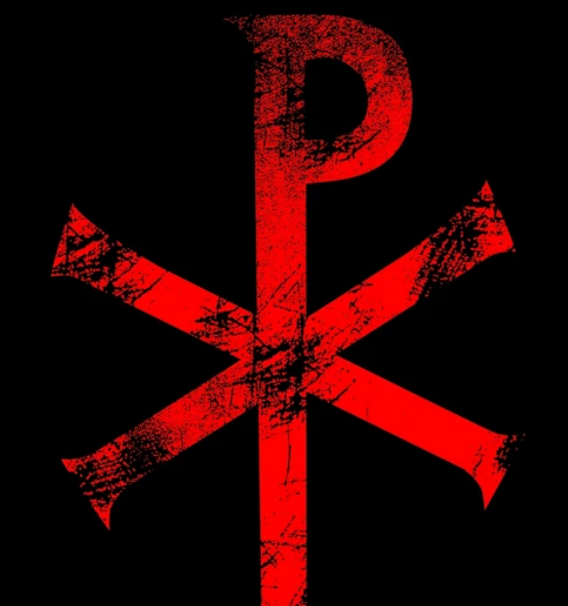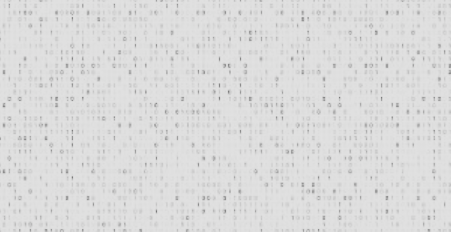Hate speech is the fire alarm of language. Not just the violence of words, but the violence of mind. It warns us that something deeper has caught fire.
Online, anonymity becomes accelerant. We’re unmasked, but also faceless. Even monks get hit with bile; even the gentlest voices are accused, ridiculed, hunted. Malicious threads catch fire; copycats swarm like proxy demons. They cancel businesses. Swing elections. Drive strangers to suicide. All without a face.
This is the fracture you’re naming:
We walk among these people every day — in the grocery store, on the bus, at work — never knowing who the monster is behind the next screen. Unaccountable and free, we dilute the goodness of others with indictments made of pure alphanumeric filth. We become little demons, electronic whispers from hell.
The Digitized Self
Identity is no longer soul or substance. It’s syntax — code.
We’ve digitized the self. Every genome on Earth is being scanned, compressed, and rewritten in binary: just zeroes and ones. The entire story of your life — every wild moment, memory, fracture, and spark — could be stored on a tiny diamond lattice, a billion times over.
And yet, as we march toward this cold clarity, people run. They declare newer, louder identities — carving ever-finer slices of selfhood, not from psychology, but from biology in rebellion. It’s a spurious reach for originality in an age of algorithmic predictability.
The New Edge of Communication
We’ve crossed a line.
It’s not what you say that determines your fate — it’s who said it. If the wrong mouth utters the wrong word, it triggers social collapse. We don’t argue. We don’t investigate. We cancel, dox, and destroy. Like the Telephone Game with a guillotine at the end.
“Hate speech” has become the fire alarm of the English language. Certain words, uttered in certain patterns, are interpreted as proof of inner violence — not thoughts, but crimes. The phrase is no longer judged. The speaker is.
The Monster Behind the Screen
This is the paradox of digital selfhood:
We digitize our essence into zeroes and ones — and in that reduction, we unleash a feral multiplicity. We become demons at the keyboard while remaining polite in public. We walk around each other every day, unaware of the monsters hiding behind the next screen.
When language becomes a weapon without consequence, humanity becomes a network of trigger fingers. What we call “freedom” online may be the very thing that’s eroding our ability to live together offline.

